Principal Investigator
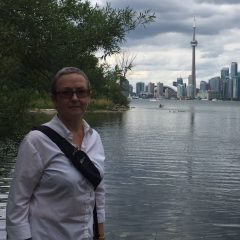
Linda Peake is the Principal Investigator of Urbanization, Gender, and the global south: a transformative knowledge network (GenUrb) and Director of the City Institute at York University, Toronto, Canada, where she is also a member of the Faculty of Environmental and Urban Change. She is a feminist geographer who has engaged in urban theory production and conducted empirically-informed research on women in cities in both North America and the Anglo-speaking Caribbean, and in particular in Guyana, addressing issues confronting women in relation to economic policies, poverty, violence, and subject formation. Her interests in knowledge production also extend to issues of engaging with people experiencing mental and emotional distress and she is currently Co-Chair of the AAG Affinity Group on Mental Health.
She has numerous publications and has sat on a number of editorial boards of academic journals. Among others she sits on the editorial board of Urban Geography, the International Advisory Board of Signs: Journal of Women in Culture and Society and the Urban Studies Foundation Board. Her latest publications include the books Urbanization in a Global Context. 2nd edition (edited with A. Bain, forthcoming) and Peake, L., Koleth, E., Tanyildiz, G., S. Narayanareddy, R. N., and patrick, d. (eds) (forthcoming) A Feminist Urban Theory for our Time: Rethinking Social Reproduction and the Urban (London: Antipode Book Series, Wiley). Her influence on urban scholarship is also evident in her supervision and mentoring of a new generation of scholars--MAs, Ph.D.s, post-doctoral fellows and early career academics. She has increasingly taken on administrative and leadership roles in the university, at the national level in Canada and globally. She currently sits on the board of the Urban Studies Foundation, and she has personally secured over CAD$4M in research monies.Grant Manager

Leeann Bennett is the Grant Manager of the SSHRC Partnership Grant, “Urbanization, Gender, and the Global South: A transformative knowledge network”, with Professor Linda Peake, at the City Institute. She took on this role in November 2017. Leeann has been the coordinator of the CITY Institute since April 2017 but has worked at CITY in various roles since 2013.
Leeann has a Master's degree in Women's Studies from York University. Her research interests include sexuality studies, particularly sex work and LGBTQ activism, Caribbean studies, transnational feminism, feminist methods and methodologies, and popular culture. To contact Leeann, please email her at leeann3[at]yorku[dot]ca or genurb[at]yorku[dot]ca.
Post-Doctoral Visitors & Research Associates

In 2021, Elsa Koleth was GenUrb’s Feminist Urban Comparative Research Associate, assisting with comparative aspects of the project. From 2017-2020, Elsa was a Post-Doctoral Visitor with GenUrb. Elsa completed her doctorate at the University of Sydney in the field of migration studies with a thesis entitled “Haunted Borders: Temporary migration and the recalibration of racialized belonging in Australia.”
During her doctoral study Elsa was a researcher in an international study funded by the Australian Research Council on Social Transformation and International Migration in the Twenty-First Century (STIM). She has previously worked in legal policy and parliamentary research roles in Australia. Elsa’s research interests include the spatialities and temporalities of processes of urbanization, migration, and mobility, transnationalism and border-making, and the shifting nature of governmentalities and subjectivities, particularly in relation to the intersections of race, gender, and class.
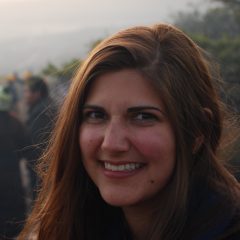
Nasya is now the Latin America Program Manager at Inter Pares in Ottawa. She was a post-doctoral fellow with GenUrb from 2019-2022. Nasya completed her Ph.D. at the Department of Geography & Planning at Queen's University. Her dissertation, "Social Control and Public Water," examines participatory practices in water governance, focusing on the remunicipalisation of water services in Cochabamba, Bolivia. Nasya is also affiliated with the Municipal Services Project, an international research programme on policy alternatives in municipal service delivery. Nasya has previously worked for the Government of Canada and recently as coordinator of the Next Generation program, a joint initiative between the Canadian Council for International Co-operation and the Canadian Association for the Study of International Development. She has recently published a book, Water Governance in Bolivia: Cochabamba since the Water War, and her work also appears in Water, Social & Cultural Geography, and Revue Caminando.
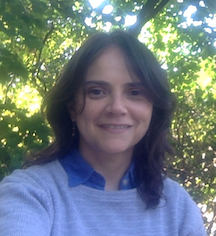
Carmen Ponce is a Post-Doctoral Visitor with GenUrb, starting in November 2022. Her research centers on violence against women in cities of the global South. She completed her Doctorate in Economics at the Pontifical Catholic University of Peru. Her dissertation focused on the role of increasing climate variability on household livelihood diversification in the Peruvian Andes. She explored, in particular, the role of spatially distant family networks on rural households' resilience to climate change. Carmen is also an associated researcher of the Group for the Analysis of Development (non-profit research center in Peru), where she has conducted research on poverty and inequality, child work, effects of multi-armed public projects on household wellbeing, and adaption to climate change. In Canada, she was previously a visiting researcher at the Centre for Research on Latin America and the Caribbean at York University, the Coordinator of the City Institute, and a member of the Save the Children-Canada Advisory Board on Children and Work.
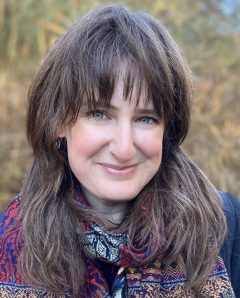
Araby Smyth is a Post-Doctoral Visitor with GenUrb, starting in November 2021. She is a feminist economic geographer and her work bridges interdisciplinary debates across critical development and finance studies, post and de-colonial studies, Latin American feminist and Indigenous studies, and critical university studies. She completed her Ph.D. at the Department of Geography at the University of Kentucky. Her dissertation used remittances as a lens for investigating struggles over how productive and reproductive labor are valued, and the ways that international institutions, national governments and financial actors assess migrants and their families as sources of capital accumulation. Prior to her Ph.D., Araby attended Hunter College of the City University of New York and was the communications intern at the New York City Mayor’s Office of Immigrant Affairs. She has also contributed to the research projects A Queer New York (Jack Gieseking) and Mapping the Solidarity Economy (Marianna Pavlovskaya). Her writing has appeared in Environment and Planning A: Economy and Space; Gender, Place & Culture; Geoforum; and The Conversation.
dp was GenUrb’s Publications Manager and Editor in 2020-2021. They hold a Ph.D. in Environmental Studies from York University and have previously taught at the Women's Gender Studies Institute at the University of Toronto. Their research and activism bridge transfeminist and queer autonomy, queer urban ecologies, non-binary life/living, transversal politics, and the everyday place-making practices. Their writing has appeared in The Guardian, The Avery Review, and in numerous edited collections and journals, including Environment and Planning D: Society and Space and Social and Cultural Geography. Over the last several years, they have been a part of an intergenerational collective of geographers (Linda Peake, Raj Reddy, Elsa Koleth, and Gökbörü Tanyildiz) whose forthcoming edited volume A Feminist Urban Theory for Our Time: Rethinking Social Reproduction and the Urban is due to be published in 2021 as part of Wiley-Blackwell's Antipode Book Series.
Research and Graduate Assistants
2022-2023

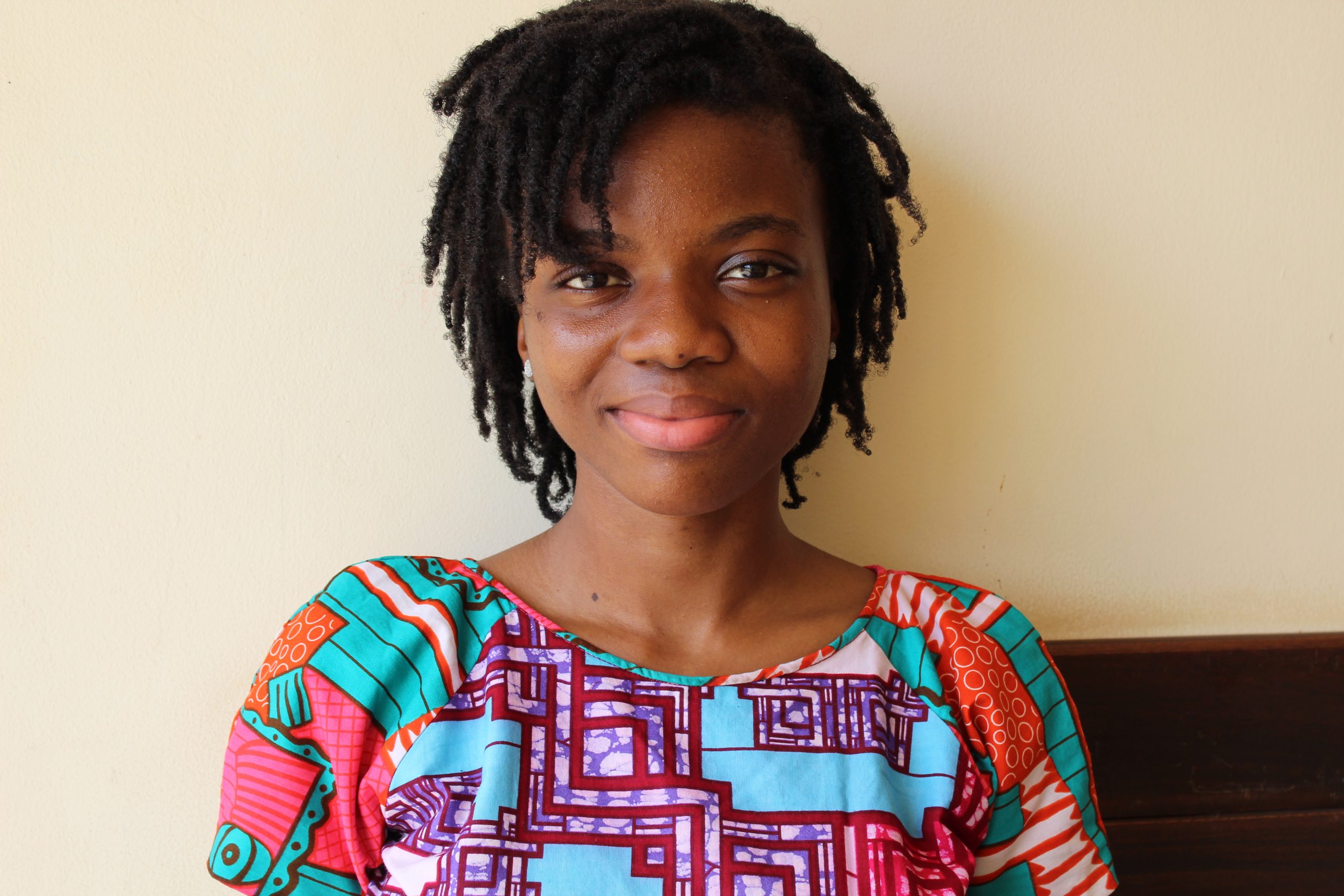
Eyram Agbe is a graduate student at York University, whose research interests include urban emergency management in African cities, and shifts/continuities in pedagogy in schools located in urban Ghana during the Covid-19 pandemic.
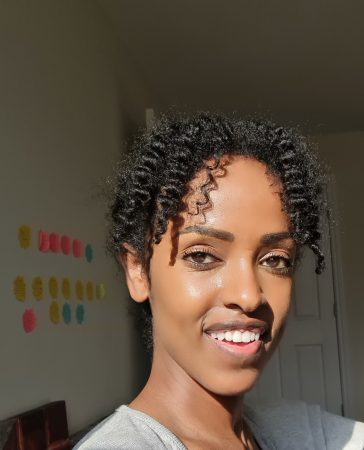
Biftu Yousuf is GenUrb’s in-house NVivo specialist and is a PhD candidate in Geography at York University. Biftu received her BA in Criminology and holds a double Master’s in Criminology (MA) and Public Health (MSc) from Simon Fraser University. In her role as an NVivo consultant, Biftu has trained countless graduate students, faculty, and affiliated researchers on how to build and work within NVivo frameworks that are conceptually grounded in a wide range of research designs. Biftu is also a QSR certified NVivo expert who has used the software to facilitate the application of grounded theory and feminist methodologies.
Biftu’s dissertation uses feminist geopolitics to explore how racialized diasporas – made up of formerly resettled refugees – facilitate the resettlement of fellow exiles to Canada. This SSHRC-funded project probes Canada’s private sponsorship of refugee’s program and is entitled ‘Invisibilized Providers: The Role of Racialized Diasporas in Refugee Sponsorship’. Her research asks how racialized diasporas engage the resettlement pathway as a form of refugee protection in Canada, and traces their actions, challenges, and outcomes in relation to refugee sponsorship. Biftu's other research interests include critical geographies of race and migration, African diaspora studies, feminist methodologies, and NVivo.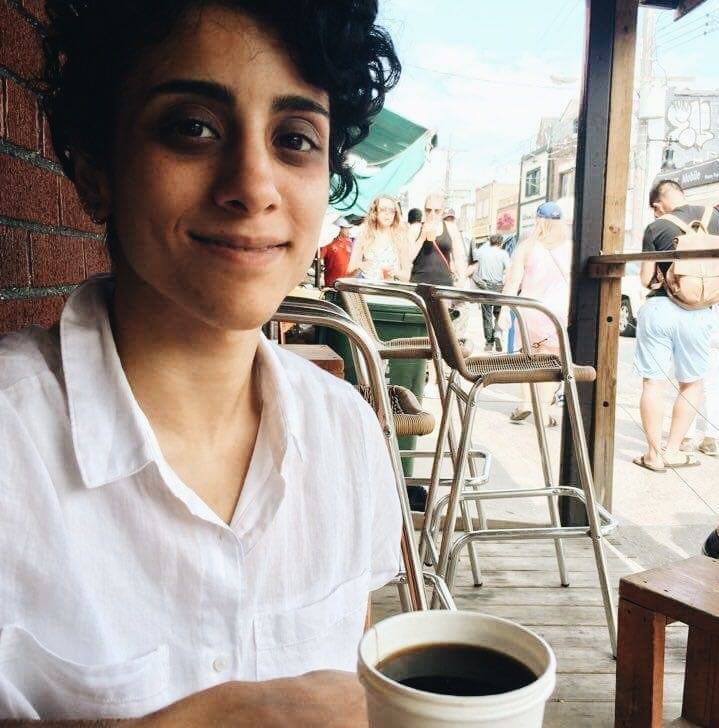
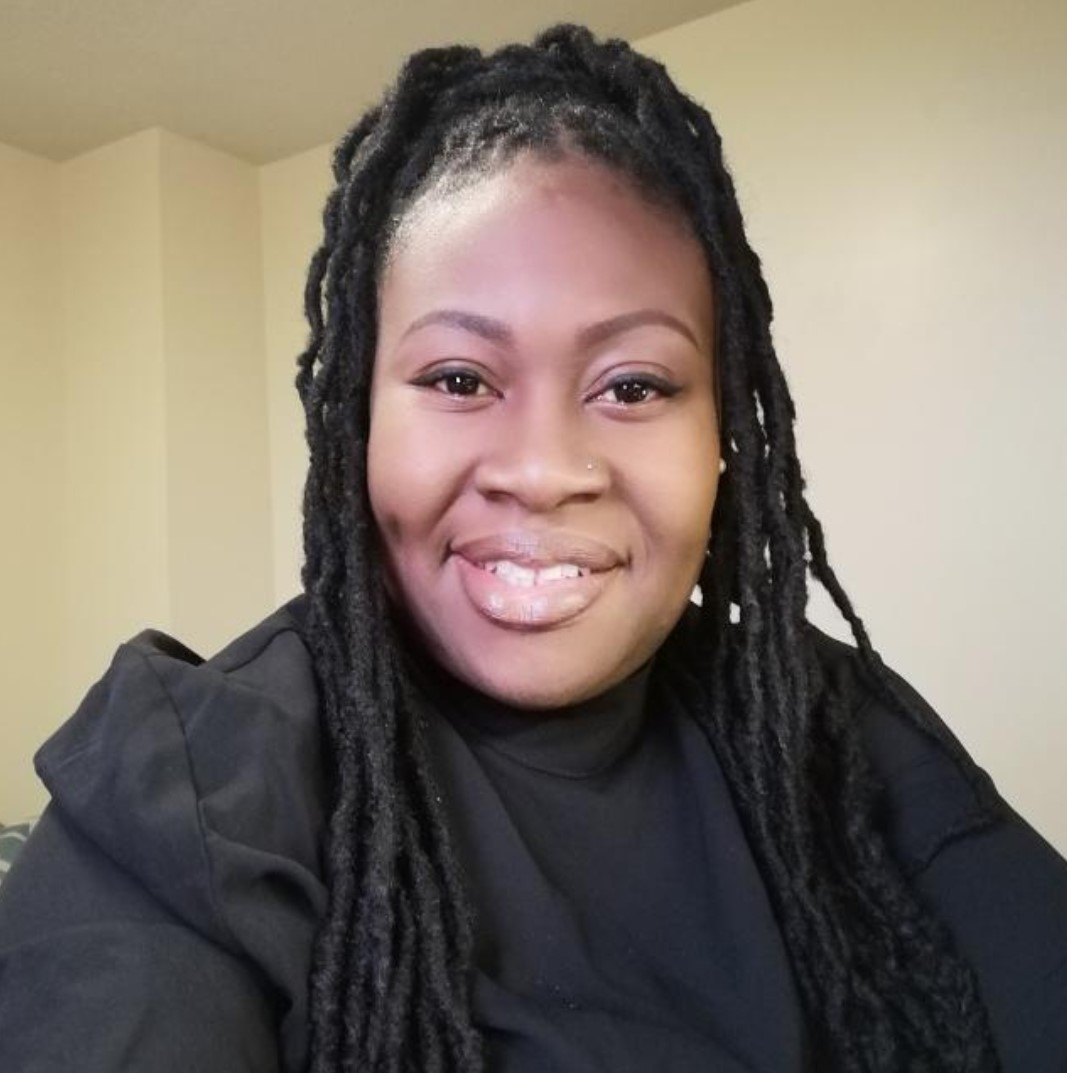
2021-2022
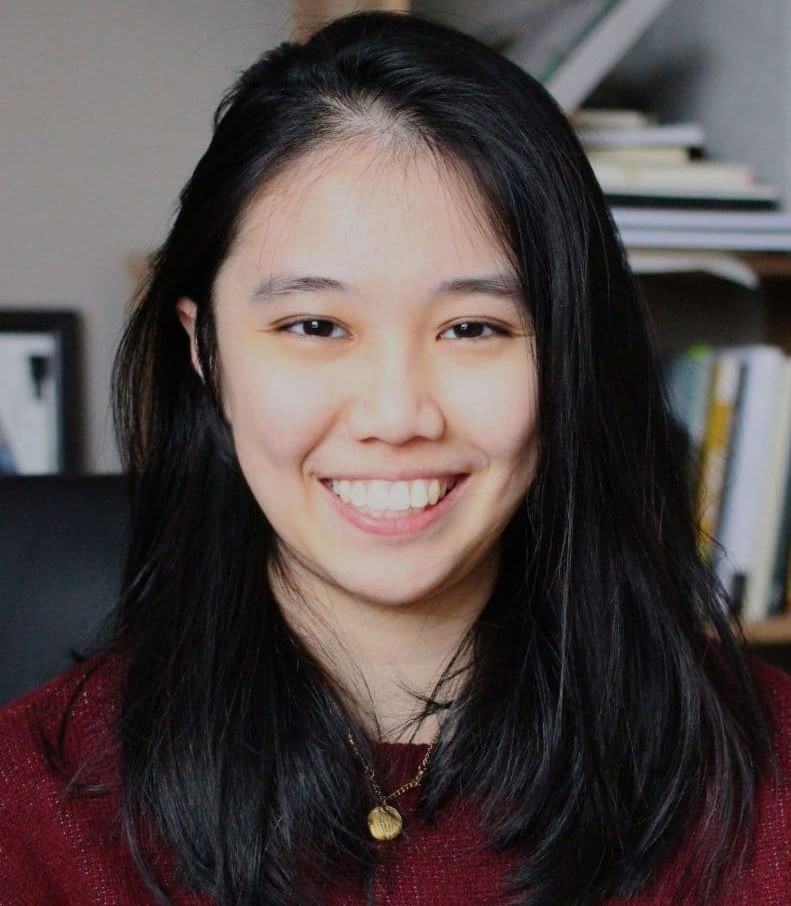


Biftu Yousuf is GenUrb’s in-house NVivo specialist and is a PhD candidate in Geography at York University. Biftu received her BA in Criminology and holds a double Master’s in Criminology (MA) and Public Health (MSc) from Simon Fraser University. In her role as an NVivo consultant, Biftu has trained countless graduate students, faculty, and affiliated researchers on how to build and work within NVivo frameworks that are conceptually grounded in a wide range of research designs. Biftu is also a QSR certified NVivo expert who has used the software to facilitate the application of grounded theory and feminist methodologies.
Biftu’s dissertation uses feminist geopolitics to explore how racialized diasporas – made up of formerly resettled refugees – facilitate the resettlement of fellow exiles to Canada. This SSHRC-funded project probes Canada’s private sponsorship of refugee’s program and is entitled ‘Invisibilized Providers: The Role of Racialized Diasporas in Refugee Sponsorship’. Her research asks how racialized diasporas engage the resettlement pathway as a form of refugee protection in Canada, and traces their actions, challenges, and outcomes in relation to refugee sponsorship. Biftu's other research interests include critical geographies of race and migration, African diaspora studies, feminist methodologies, and NVivo.
Mel is a PhD student in the Gender, Feminist, and Women's Studies program at York University. Mel's current research interests aim to bring together media geography, the temporalities of capitalism, and critical urban studies. Mel holds a BA and MA in Philosophy, and an MA in Gender Studies. They are also currently an assistant editor with Inanna Publications. Mel was a graduate research assistant with GenUrb from Summer 2020 – Winter 2021, continuing as a Graduate Assistant in 2022.

2020-2021







2019-2020



